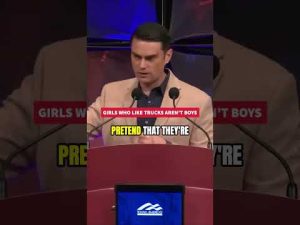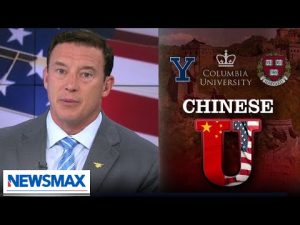Governor J.B. Pritzker recently took a bold swing at President Donald Trump, unleashing a wave of criticism about the President’s proposal to deploy armed military personnel in the streets of Chicago. This declaration came amid soaring crime rates in the city, and while many residents are concerned about safety, Pritzker labeled Trump’s plan as illegal, unconstitutional, and downright un-American. In his fiery remarks, the governor seemed more intent on launching political fireworks than addressing the critical issues facing the Windy City.
During the weekend, reports surfaced about Trump’s long-debated strategy to send military forces into Chicago. Pritzker couldn’t hold back his disdain, insisting that such federal overreach runs contrary to the very principles that America was founded upon. He positioned himself as the defender of state rights and the law, seemingly unaware that many people are clamoring for some degree of action to tackle the surging crime wave. Instead of celebrating the possibility of additional protection for Chicagoans, Pritzker chose to focus on what he perceives as Trump’s unconstitutional authority, leaving many to wonder if he is prioritizing politics over public safety.
To make matters even more heated, Pritzker took a shot at Chicago’s mayor, who is embroiled in controversy over hiring practices that some deem as biased. The governor questioned how a leader dealing with allegations of racism could also describe Trump’s protective measures as racially motivated. Pritzker’s quotes barely scratched the surface of the most pressing societal issues, focusing instead on personal squabbles. Some are left scratching their heads, wondering who actually has the best interests of the city in mind amidst this political tussle.
Joining in on the discussion were legal experts Joe diGenova and Victoria Toensing during a segment on the Chris Salcedo show. The former U.S. attorney and Senate committee counsel explained that the President, indeed, has the authority to deploy military resources to ensure public safety—even in instances where state governors may disagree. Contrary to Pritzker’s assertions, their remarks suggested that a president stepping up during a public safety crisis isn’t just a possibility; it’s also in accordance with the law. This leaves one to ponder whether the governor might be prioritizing his political standing over the safety of citizens.
Pritzker’s assertion that he “lives rent-free in Trump’s head” was as colorful as it was combative, but it showcased the strong divide in political viewpoints surrounding the issue. Indeed, the friction between Chicago’s state leadership and the federal government may be pulling more attention than much-needed conversations about community safety and crime prevention. While the Governor might believe his image of grandeur shields him from scrutiny, many Chicagoans expect a little more from their leaders, especially during turbulent times. It’s a delicate balance—politics can’t overshadow the very real consequences of crime on everyday citizens, and one can only hope that in the chaos, the focus returns to what truly matters: keeping the people of Chicago safe.







